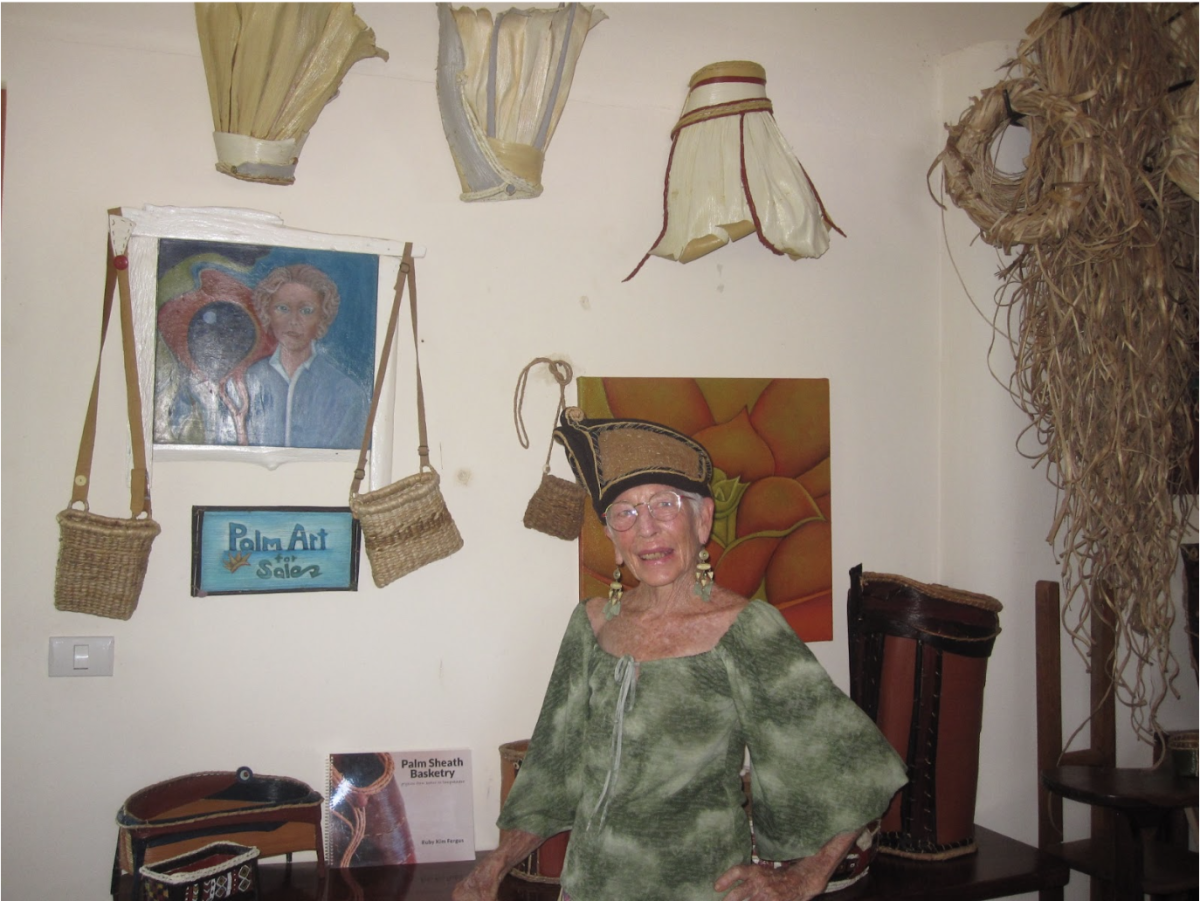 Elizabeth Smith
Elizabeth Smith
Editor-in-chief
On a recent stop at a St. Helena restaurant, I was served by a man with enormous gauges that stretched out his earlobes. I accepted my sandwich from him with a smile in an effort to make up for what I just overheard from the customer before me.
A woman remarked to her companion she was scared of the server due to his piercings and the tattoo that stretched around his wrists and became visible when he graciously extended his arm.
“He looked so scary at first,” she said, “but then he ended up being pretty nice.”
This relatively new facet of profiling — the act of judging people by their appearance and drawing conclusions — focuses on people’s choices to modify their bodies.
Passing judgements based on someone’s choosing to get piercings or tattoos is inherently becoming more and more generational.
I always thought — probably as a result of my grandmother’s words that “If God didn’t put holes in your earlobes, you shouldn’t have them there” — that changing your body in this fashion was unnecessary and violating.
I began to reconsider in second grade when I had the sweetest homeroom teacher. She had the kindest smile that was so genuine that it left deep smile wrinkles in her tan and freckled skin. I had to get accustomed to the tiny, colorful rose that she displayed on her ankle. As earth-shattering as it was, I began to love it.
What kept me from embracing my teacher’s individuality for a time was my grandmother’s traditional views. I changed my mind, but she never will, which I realized is fine, too.
My teacher showed that tattoos — which are often interpreted as rash decisions or careless actions — aren’t synonymous with foolhardiness.
I never knew the meaning behind her rose, yet I knew her, and that was enough to confirm this notion.
Often, there’s more to tattoos than can really be expressed by the illusion they make to a passerby.
When one of my friends turned 18, she celebrated with a tattoo, but it was more of a somber occasion than a wild excursion to the ink parlor. She got her family name, and later, a love song her grandfather used to sing and finally, her parents’ names engraved in her skin as reminders of what they meant to her.
It’s easy to say that at first glance she looks tough with a lip piercing and a backwards baseball cap. Now, with ink covering her body, I could still say the same, except I know what they mean to her.
These women showed me that tattoos and piercings can be tools to define themselves by, but not weapons for me to define them by.














